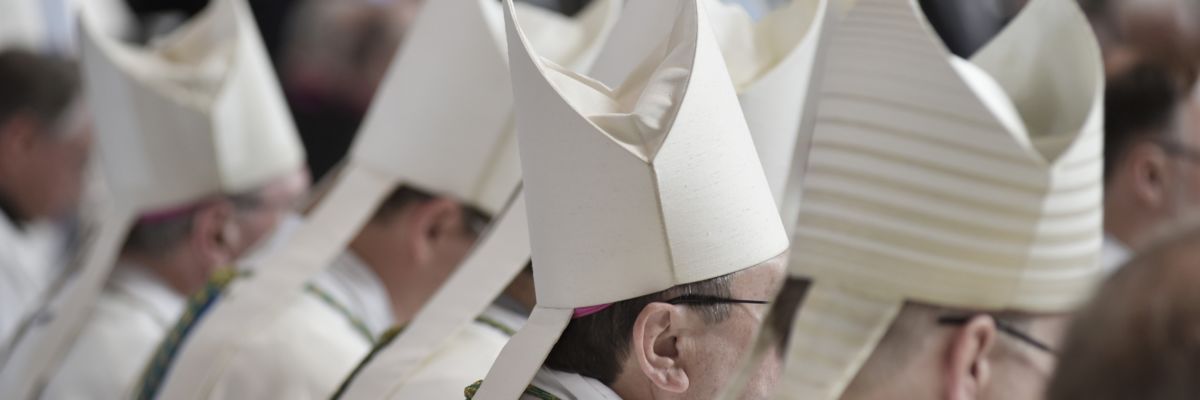
Question:
Answer:
No. This is contrary to the clear and infallible teachings of Vatican I and II.
Local bishops are not individually infallible and cannot violate canon law, the Vatican’s directives, or their national conference’s directives.
The Code of Canon Law states:
In celebrating the sacraments, the liturgical books approved by competent authority are to be observed faithfully; accordingly, no one is to add, omit, or alter anything in them on one’s own authority (CIC 846 §1).
In Sacrosanctum Concilium it is said:
Therefore no other person, even if he be a priest, may add, remove, or change anything in the liturgy on his own authority (3).
Finally, the Catechism of the Catholic Church states that the bishops’ “authority must be exercised in communion with the whole Church under the guidance of the pope” (CCC 895).


